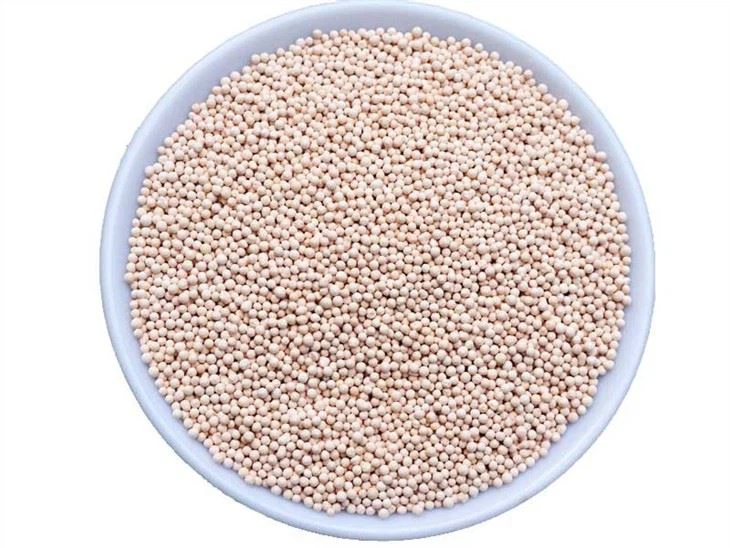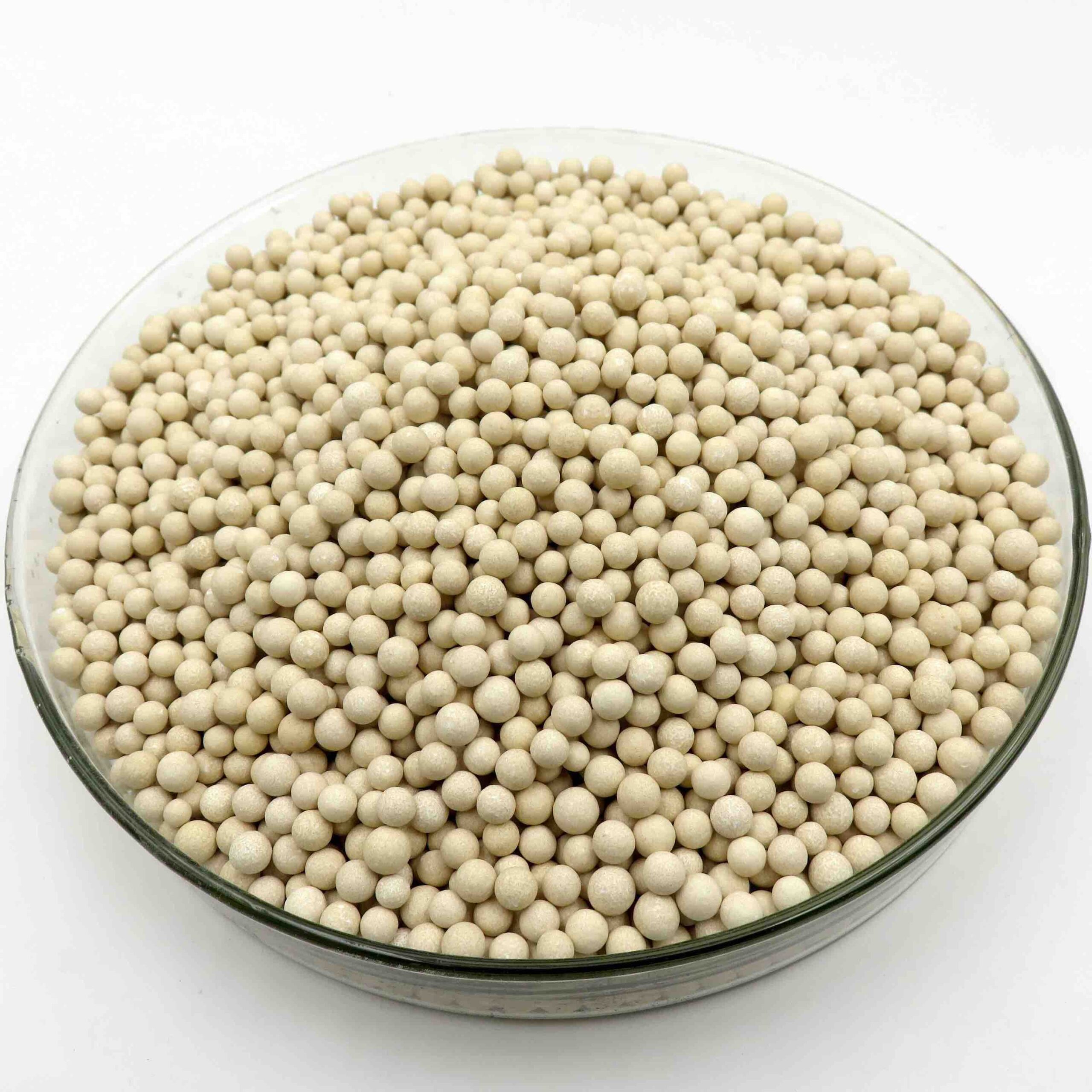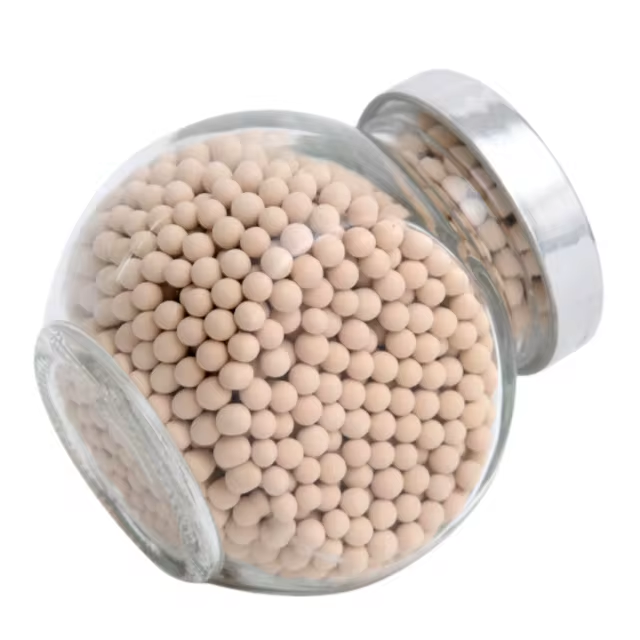Description
Molecular Sieves: The Unsung Heroes of Natural Gas Processing
Natural gas, a vital energy source and feedstock for numerous industries, isn’t found in its purest form. It often contains impurities like water, carbon dioxide (CO2), hydrogen sulfide (H2S), and other hydrocarbons, which can cause pipeline corrosion, reduce heating value, and hinder further processing. This is where molecular sieves step in, acting as unsung heroes in the natural gas industry.
What are Molecular Sieves?
Think of molecular sieves as microscopic sponges with precisely defined pores. These are crystalline aluminosilicates (zeolites) or metal-organic frameworks (MOFs) with highly uniform pore sizes at the molecular level. This unique structure allows them to selectively adsorb molecules based on their size and polarity. Imagine sorting marbles of different sizes – that’s essentially what molecular sieves do, but with gas molecules.
Why are they used in Natural Gas Processing?
The selective adsorption properties of molecular sieves make them invaluable for several key processes in natural gas purification:
- Dehydration: Water vapor is a major culprit in pipeline corrosion and can form hydrates, solid ice-like structures that can block pipelines. Molecular sieves, particularly 3A and 4A types, are highly effective at removing water to extremely low levels, often down to parts per million (ppm). This ensures efficient and safe transportation of natural gas.
- Acid Gas Removal (Sweetening): CO2 and H2S, known as acid gases, not only reduce the heating value of natural gas but also cause corrosion. Molecular sieves, especially 5A and 13X types, can selectively remove these undesirable components, “sweetening” the gas and making it suitable for further processing and distribution.
- NGL Recovery: In some applications, molecular sieves are used to recover valuable Natural Gas Liquids (NGLs) like ethane, propane, and butane. These liquids can be selectively adsorbed by specific molecular sieve types, allowing for their separation and subsequent use as feedstock for petrochemical industries.
Advantages of Using Molecular Sieves:
Compared to other separation technologies, molecular sieves offer several advantages:
- High Selectivity: Their precise pore sizes ensure the removal of target impurities while leaving the valuable components untouched.
- Deep Purity: They can achieve extremely low levels of impurities, meeting stringent pipeline specifications.
- Regenerability: Molecular sieves can be regenerated by heating and/or purging with a suitable gas, allowing for repeated use and reducing waste.
- Long Lifespan: With proper operation and maintenance, molecular sieves can have a long operational lifespan, contributing to cost-effectiveness.
- Robust Performance: They can operate under a wide range of pressure and temperature conditions.
Types of Molecular Sieves Used in Natural Gas:
Different types of molecular sieves are employed depending on the specific application:
- 3A Molecular Sieve: Primarily used for water removal, allowing passage of water molecules while excluding larger molecules.
- 4A Molecular Sieve: Also used for dehydration but can also adsorb CO2 and other gases.
- 5A Molecular Sieve: Effective for simultaneous removal of water, CO2, and H2S.
- 13X Molecular Sieve: Offers a larger pore size, making it suitable for adsorbing larger molecules and more complex mixtures.
The Future of Molecular Sieves in Natural Gas:
As the demand for cleaner energy sources increases, the role of molecular sieves in natural gas processing will only become more critical. Ongoing research focuses on developing new and improved molecular sieve materials with enhanced adsorption capacity, selectivity, and stability. This includes exploring novel zeolite structures and the application of MOFs with tailored pore sizes and functionalities.
Conclusion:
Molecular sieves are an indispensable technology for ensuring the quality and purity of natural gas. Their ability to selectively remove unwanted impurities makes them crucial for safe, efficient, and environmentally responsible gas processing. As the natural gas industry continues to evolve, molecular sieves will remain at the forefront, contributing to a cleaner and more sustainable energy future.











Reviews
There are no reviews yet.